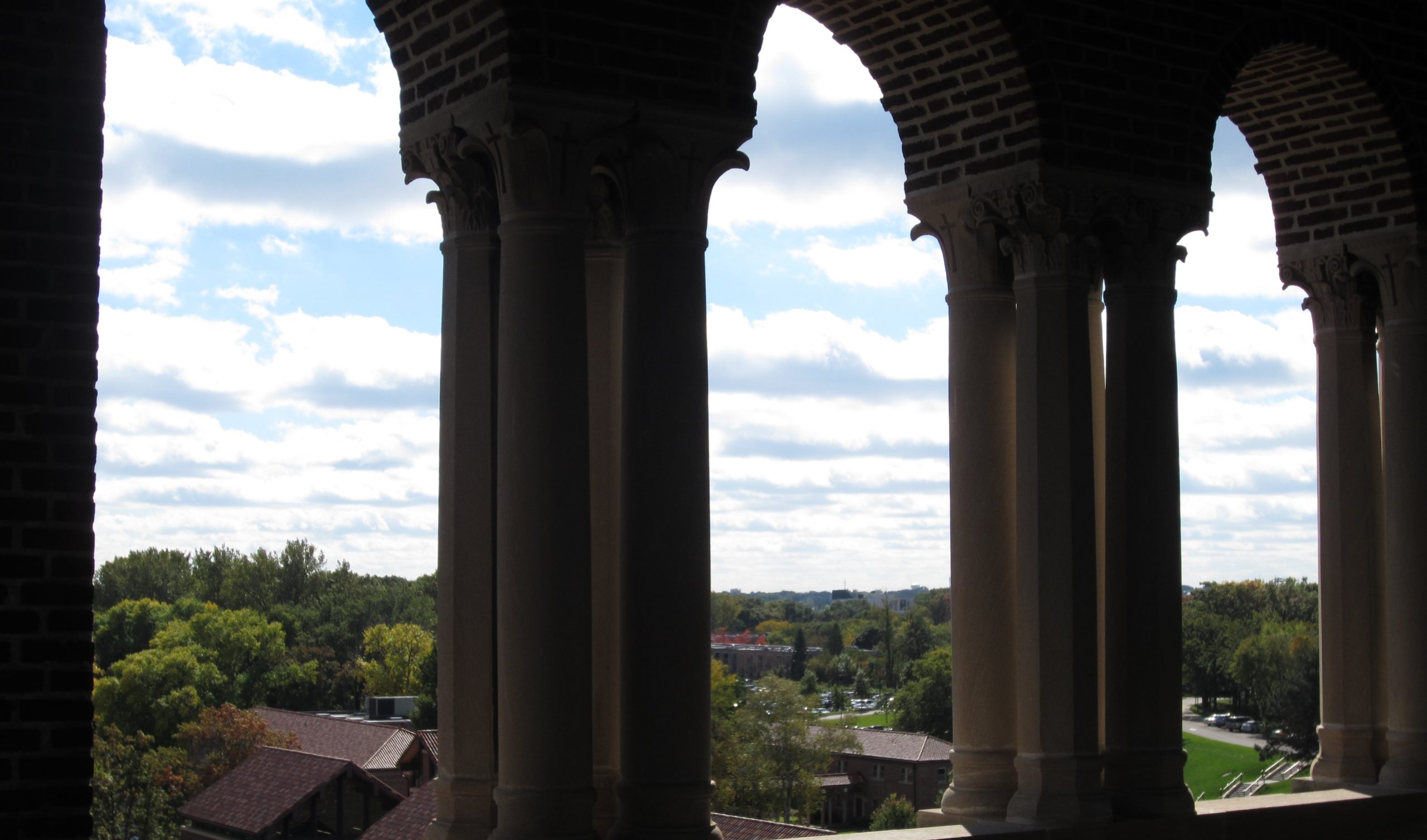Post by: Courtney Oien

The following civil doctrine applies to all religious institutions in America, from the Sikh to the Jehovah’s Witnesses, and the term “church” is used in the broader sense of a religious institution. The Ecclesiastical Abstention Doctrine is implicated when the civil (secular) court tells the church, “we should not and will not tell the church what to do with itself.” This is good news for the church, and bad news for the former leader who sues it. Even excommunicated church members may demand a civil court order their congregation to restore their position in the church.[1]
The Supreme Court of the United States summed up the centuries-old doctrine in 1976 when it held “the constitutional mandate that civil courts are bound to accept the decisions of the highest judicatories of a religious organization of hierarchical polity on matters of discipline, faith, internal organization, or ecclesiastical rule, custom, or law.”[2] This doctrine does not apply to secular matters alleging a violation of civil law, so long as the dispute arises from civil rather than ecclesiastical law.[3]The Court grounded its decision in the First and Fourteenth Amendments to the constitution.[4]
There may be an exception for churches that the court deems are not “hierarchical.” In Watson v. Jones, the United States Supreme Court described hierarchical churches as a large organization with multiple levels of authority and tribunals to judge its congregations’ disputes.[5] The smaller, self-regulating churches were simply “congregational.”[6] At least one state has taken this distinction to mean that courts may inquire further into congregational churches’ disputes than into hierarchical churches’.[7]
This post was written by a Center for Global Justice Student Staff member. The views expressed in this post do not necessarily reflect those of Regent University, Regent Law School, or the Center for Global Justice.
[1] Adkison v. Williams, 2019-Ohio-4289 (Ohio Ct. App. 2019).
[2] Serbian Eastern Orthodox Diocese for United States and Canada v. Milivojevich, 426 U.S. 696, 713 (1976).
[3] General Council on Fin. & Admin. v. Cal. Superior Court, 439 U.S. 1369, 1373 (1978).
[4] Serbian, 426 U.S. at 724.
[5] Watson v. Jones, 80 U.S. 679, 726, 727 (1871).
[6] Watson at 724–25.
[7] Tibbs v. Kendricks, 93 Ohio App. 3d 35, 42, 43–44 (Ohio Ct. App. 1994); see also Adkison, 2019-Ohio-4289 at ¶18.

